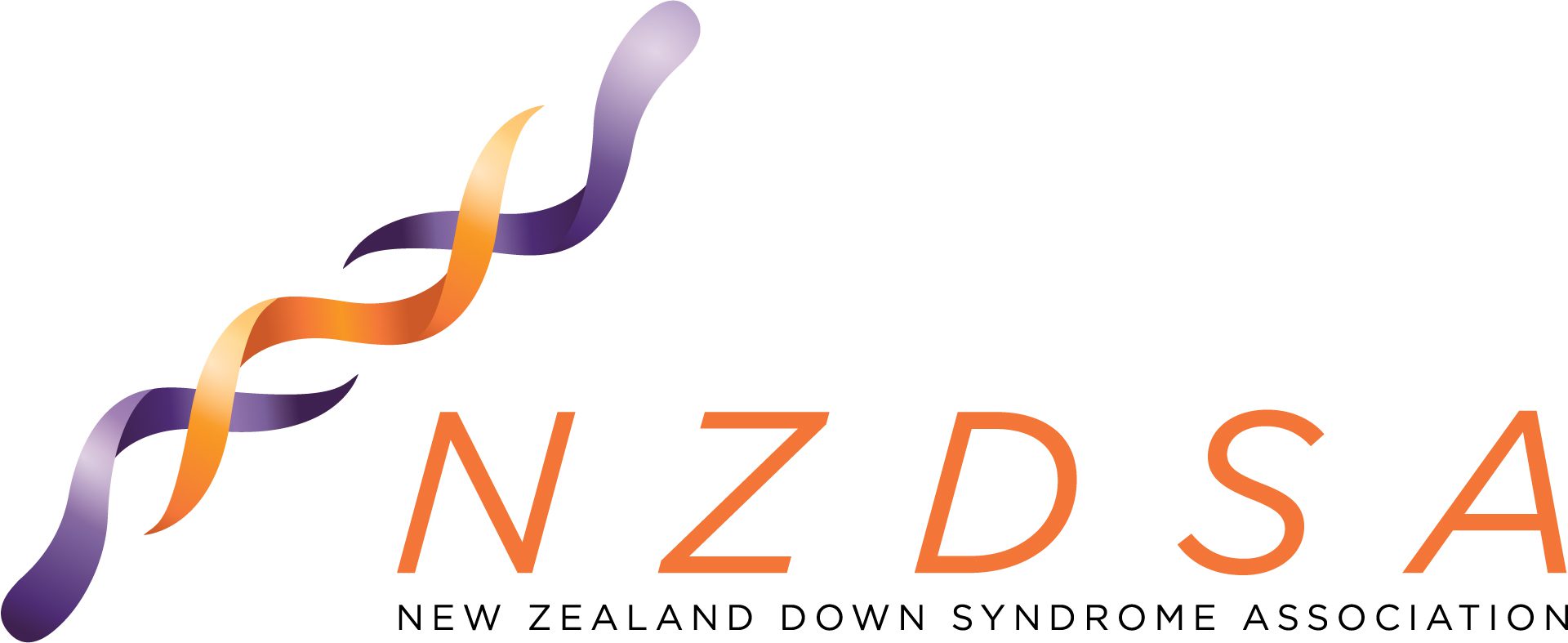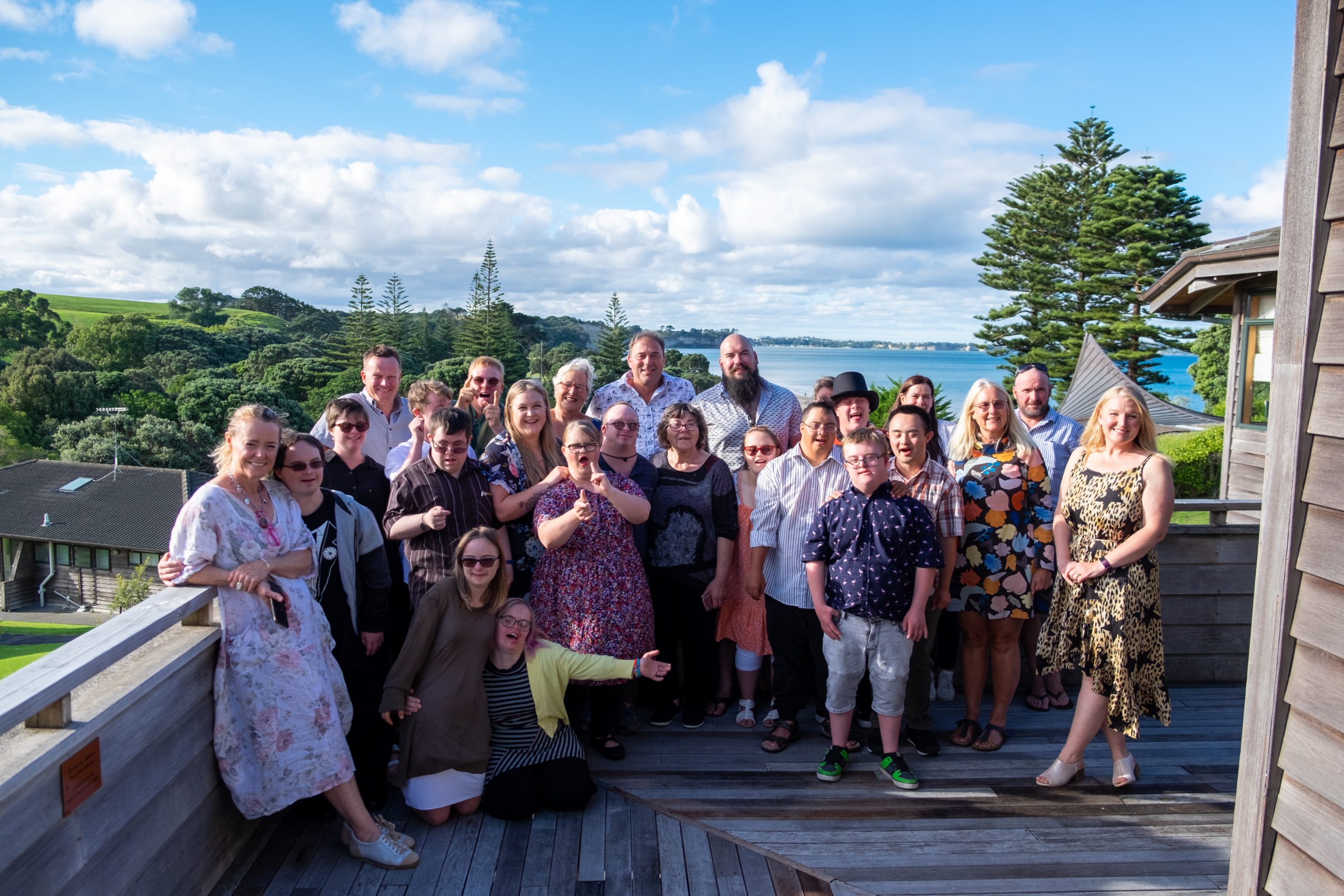Families and whānau of people with a disability have expressed relief, hope and opportunity at the announcement of Ministry for Disability last week.
“The Family Alliance is delighted that disabled people and whānau will guide the establishment of the Ministry,” says Zandra Vaccarino, speaking on behalf of the Family Alliance.
“We welcome that disabled people will have a key role in the Accessibility Governance Board, but want to highlight the crucial role of family and whānau as the strongest advocate for their family member, so it is essential that these allies have a voice on the Governance Board,” says Vaccarino from the New Zealand Down Syndrome Association, one of the partners of the Family Alliance, alongside Care Matters, Parent 2 Parent, Standards and Monitoring Services and other informal networks.
“The current system causes stress for many families and they have been calling for change for many years,” says Vaccarino.
“Families and whānau have advocated alongside disabled people for decades calling for an independent Ministry for Disabled People, so we welcome the announcement of the new Ministry for Disabled People, and this could address the inequalities and inaccessibility that disabled people continue to face in the current health and disability services,” says Vaccarino.
“It is also important to recognise that not all people with disabilities are able to advocate for themselves, so it is essential that the role of family and whānau advocates are recognised,” says Vaccarino.
People with learning disabilities, high and complex support needs and communication challenges are the most marginalised members of our community and Vaccarino says we all need to ensure that their allies who can communicate their needs are able to be part of the co-design process.
Tina Lincoln from Care Matters says that that families are ready and able to partner with disabled people, Māori, and the Crown to make this work.
“The Ministers have listened to our communities and understand the importance of working in partnership,” says Lincoln.
“We believe the new Ministry will create increased opportunities for families and whānau supporting their family members with disability to continue to embrace positive and creative way to work towards a good life.”
Lincoln says that last week’s announcement will hopefully be a move away from a deficit-based system and into a dedicated Ministry that empowers people with disabilities.
“In our vision an independent Ministry will have experience and knowledge and work together with disabled people, families, and whānau to enhance the lives of people with disability, which in turn can enhance the lives of the wider family and whānau,” says Lincoln.
She says that an independent Ministry will help ensure the ongoing ‘System Transformation’ will align with the Enabling Good Lives approach.
Enabling Good Lives (EGL) is a new approach to supporting disables people that offer greater choice and control over the supports they receive, so they can plan for the lives they want.
Disabled people and families have been working on the Enabling Good Lives approach for nearly a decade, starting in 2012.
Lincoln says there are multiple examples of where families in the demonstration sites describe the benefits of the Enabling Good Lives approach.
“The national Enabling Good Lives roll out will ensure equity regardless of where people live. Families are celebrating the opportunities to remove barriers and create solutions to live they can create.
“The Enabling Good Lives approach can be life-changing when the Enabling Good Lives principles and approach are applied and in the forefront of our thinking and how we do things.”
Lincoln explains that a key principle of Enabling Good Lives is to start early, and in the early years it is families and whānau that hold the vision for a good life.
“We congratulate Minister Sepuloni and Minister Little’s for their courage.”

